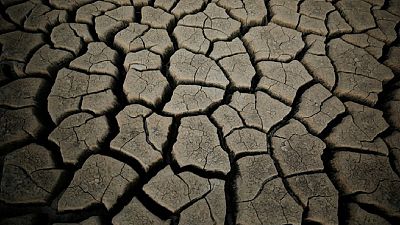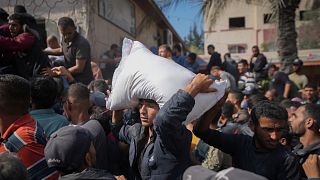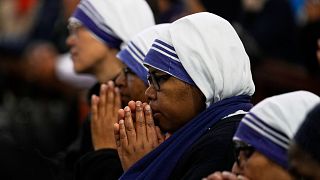South Africa
South Africa’s drought-stricken Cape Town has pushed back its estimate for “Day Zero,” when taps in the city run dry and people start queuing for water, to 2019 from August of this year, and data show dam levels rising elsewhere in the country.
An El Nino-triggered drought two years ago hit agricultural production and economic growth throughout South Africa.
Cape Town was particularly hard hit, and lack of good subsequent rains around the city has made its water shortage worse.
The City of Cape Town said on its web site that Day Zero had been “pushed out to 2019.”
Residents have been living with stringent consumption restrictions, which now stand at 50 litres per person per day. Those restrictions remain in effect.
Relief for Cape Town, a major tourist draw famed for its mountain backdrop, beaches and nearby wine farms, may also be imminent, with good seasonal rains forecast.
Cape Town typically gets rain in the southern hemisphere winter, starting around May.
Above-average-rainfall is now forecast over the next three months, according to the latest seasonal outlook from the South African Weather Service.
REUTERS












Go to video
South Africa's tax row heads to court as implementation date nears
Go to video
South Africa appoints Mcebisi Jonas as special US envoy in bid to ease tensions
Go to video
South Africa: inquest into death of Nobel Peace Prize laureate Chief Albert Luthuli re-opened
Go to video
10.3 Million tons of food wasted in South Africa as chefs push for sustainability
Go to video
South Africans protest gender violence after child rape allegation
Go to video
Rare blue diamond goes on display in Abu Dhabi ahead of May auction